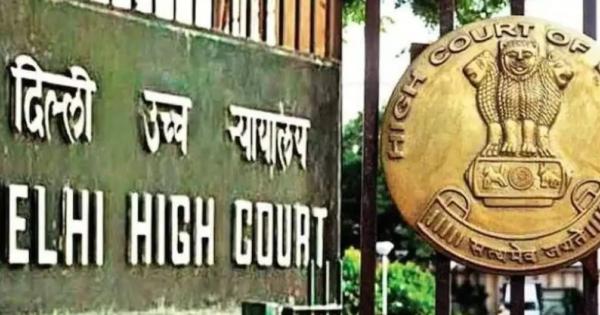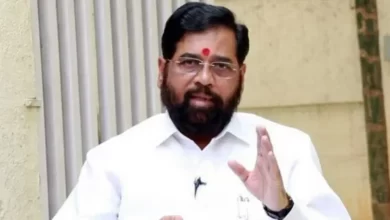WhatsApp told the High Court – Action on pornographic videos of judicial officer is not possible without proper order

New Delhi. Social media platform WhatsApp on Friday told the Delhi High Court that it cannot take action against the broadcast of a video of a judicial officer allegedly having ‘sexual act’ with a woman without providing the specified mobile number and passing appropriate orders.
The court of Justice Yashwant Verma is hearing a petition filed by an aggrieved party, whose identity has been permitted by the court to remain confidential. In this case, WhatsApp kept its stand. The plea has sought a permanent stay on the circulation and telecast of the “alleged March 9, 2022” video.
The said video had surfaced on 29 November. The court had on November 30 banned the sharing and ‘posting’ of the video and asked it to be removed from online platforms. Senior advocate Kapil Sibal, appearing for WhatsApp on Friday, said, “They are expecting from us what we are not in a position to do.”
The Ministry of Electronics and Information Technology has also said that we cannot do this unless the phone number… is ordered by the court to do so. They give (the phone number) to the court and then the court can pass orders.” Noting that private exchanges do not have URLs or web links, Justice Verma gave time to the counsel for the plaintiffs to give the phone numbers that Video shared.
Standing Counsel Ajay Digpal, appearing for the Central Government, informed that “compliance affidavit” has been filed and action has been taken by forums like Facebook and Twitter. The plaintiff told the court that remedial action was taken by the parties as per the previous order.
The court allowed the plaintiff to provide information about the URLs that still have the video. YouTube-owned Google said that new URLs with objectionable content will also be removed upon receipt of information.
Advocate Ashish Dixit presented the side of the plaintiff. Passing the interim order, the court observed that the broadcast of the video is violative of several laws as well as infringing upon the right to privacy of the plaintiff, thus seeking ex parte injunction.






